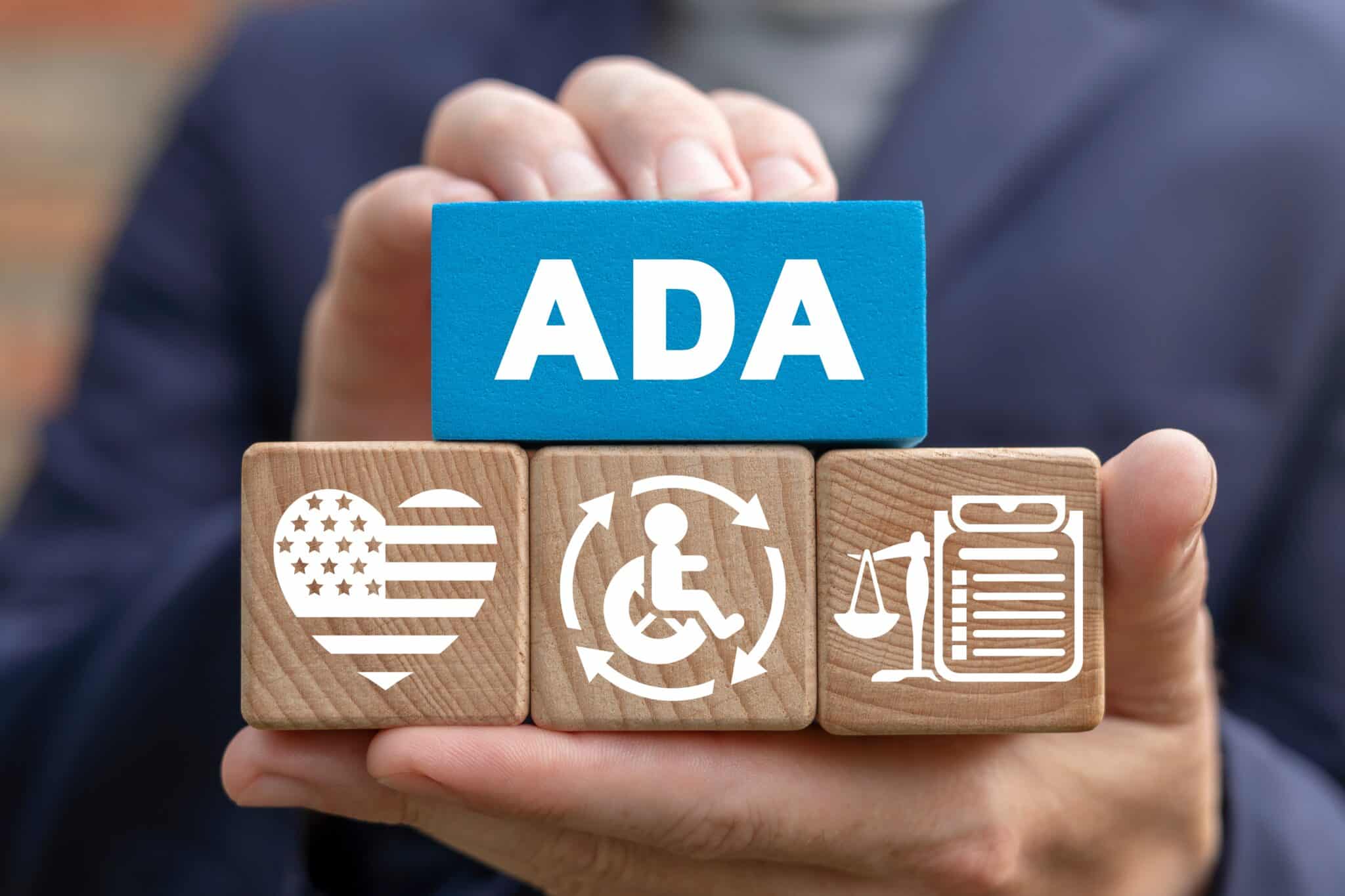Arbitration Agreements in Florida: What You Need to Know Before Signing
In an increasingly interconnected world, contracts have become integral to our daily lives. From employment agreements to consumer transactions, contracts help establish legal frameworks that govern our interactions. One common feature of contracts is the inclusion of arbitration agreements. These clauses dictate how disputes will be resolved, often outside the traditional courtroom setting. If you’re in Florida and considering signing an arbitration agreement, it’s crucial to understand the implications before you put pen to paper.
What is an Arbitration Agreement?
An arbitration agreement is a provision in a contract that stipulates that any disputes arising from the contract will be resolved through arbitration rather than traditional litigation. Arbitration is a form of alternative dispute resolution where a neutral third party, the arbitrator, hears both sides of the argument and makes a binding decision. It’s essential to recognize that you are waiving your right to take the matter to court by signing an arbitration agreement, and the arbitrator’s decision is typically final and enforceable.
Pros of Arbitration Agreements
- Speed and Efficiency: Arbitration often proceeds more quickly than traditional litigation, as it’s not subject to the same court schedules and backlog. This can lead to faster resolution of disputes.
- Privacy: Arbitration is a private process, which means that the details of your dispute won’t become part of the public record as they would in a court case.
- Expertise: Arbitrators are often chosen for their expertise in the relevant field, ensuring that someone with a deep understanding of the subject matter hears your case.
- Flexibility: Parties involved in arbitration can often choose the location and timing of the proceedings, allowing for more flexibility than traditional court litigation.
Cons of Arbitration Agreements
- Limited Appellate Rights: The grounds for appealing an arbitrator’s decision are limited compared to traditional court cases, potentially limiting your ability to challenge an unfavorable ruling.
- Lack of Precedent: Arbitration decisions don’t create legal precedents in the same way that court decisions do. This means that similar cases may be decided differently in different arbitration proceedings.
- Lack of Formal Discovery: Discovery processes (e.g., depositions, document requests) in arbitration may be more limited than in court proceedings, potentially affecting your ability to gather evidence.
- Waiving Rights: By signing an arbitration agreement, you’re giving up your right to a trial by jury and the right to have your case heard by a judge.
Understanding Florida’s Arbitration Laws
In Florida, arbitration agreements are governed by both state and federal laws. The Federal Arbitration Act (FAA) applies to interstate commerce contracts, while Florida’s Arbitration Code outlines the rules for agreements not subject to the FAA. Both sets of laws generally support the enforceability of arbitration agreements. However, there are circumstances where an arbitration agreement may be deemed unenforceable under Florida law:
- Lack of Voluntary Consent: If a party was forced, coerced, or misled into signing the agreement, it may be considered unconscionable and unenforceable.
- Unfair or One-Sided Terms: If the terms of the arbitration agreement heavily favor one party over the other and are deemed unfair or oppressive, a court may strike down the agreement.
- Public Policy Violations: If enforcing the arbitration agreement would violate public policy, such as in cases involving discrimination or civil rights violations, the agreement may not be upheld.
Before You Sign: Seek Legal Advice
Before signing any contract containing an arbitration agreement, it’s wise to consult with an attorney who specializes in contract law. A legal professional can review the agreement, explain its implications, and help you make an informed decision. They can also advise whether challenging the agreement’s enforceability is viable based on the specific circumstances.
Don’t navigate the legal landscape alone. Contact us.
About the Author:
Andrew Winston is the founding partner at the personal injury Law firm, The Winston Law Firm. For over 20 years, he has successfully represented countless people in all personal injury cases, focusing on child injury, legal malpractice, and premises liability. He has been recognized for excellence in representing injured clients by admission to the Million Dollar Advocates Forum and named one of America’s Top 100 High-Stakes Litigators. Mr. Winston is AV Preeminent, Rated by the Martindale-Hubbell for the highest level of professional ethics, enjoys a 10.0 rating by AVVO as a Top Personal Injury Attorney, and has been selected as a Florida Top 100 “Super Lawyer” and Miami Top 100 “Super Lawyer” – an honor reserved for the top 5% of lawyers in the state – was voted to Florida Trend’s ”Legal Elite,” recognized by Expertise as one of the 20 Best Personal Injury Attorneys in Fort Lauderdale and 20 Best Car Accident Lawyers in Fort Lauderdale.
 Navigating Auto Accidents in Florida and Seeking Compensation
Navigating Auto Accidents in Florida and Seeking Compensation 

















